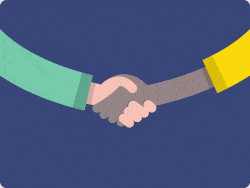June 25, 2024
In-home Care
Physical vs. Mental Disabilities: What Sets Them Apart

When it comes to disabilities, we often think of physical limitations or mental health challenges as separate entities. However, the truth is that they often intersect, affecting individuals in complex ways. At Abled Care Services, we recognize the importance of addressing both physical and mental well-being. Let’s explore the nuances of physical and mental disabilities and how they impact the lives of those we serve.
What is Physical Disability?
Physical disabilities encompass a wide range of conditions that affect a person’s mobility, physical capacity, stamina, or dexterity. These disabilities can be congenital, such as cerebral palsy, or acquired through injury or illness, like spinal cord injuries or arthritis.
Common Types of Physical Disabilities
- Mobility impairments: Affect movement (e.g., paralysis, amputation).
- Visual impairments: Affect vision (e.g., blindness, low vision).
- Hearing impairments: Affect hearing (e.g., deafness, hard of hearing).
- Chronic illnesses: Affect stamina and endurance (e.g., multiple sclerosis, chronic fatigue syndrome).
Understanding Mental Disabilities
Mental disabilities, also known as mental health disorders or psychiatric disabilities, impact a person’s thinking, feeling, mood, and behavior. These conditions can affect daily functioning and quality of life. They are often less visible than physical disabilities but equally significant.
Common Types of Mental Disabilities
- Mood disorders: Such as depression and bipolar disorder.
- Anxiety disorders: Including generalized anxiety disorder and PTSD.
- Schizophrenia and other psychotic disorders: Affecting thoughts and perceptions.
- Developmental disorders: Such as autism and ADHD.
Key Differences Between Physical and Mental Disabilities
While both types of disabilities require support and understanding, there are some key differences:
Visibility
Physical disabilities are often visible, making them easier to recognize and accommodate.
Mental disabilities are usually invisible, which can lead to misunderstanding and stigma.
Nature of Support
Physical disabilities often require physical aids (like wheelchairs or prosthetics) and accessible environments.
Mental disabilities may need therapeutic interventions, medication, and emotional support.
Public Perception
Physical disabilities often receive more recognition and acceptance in society.
Mental disabilities can be misunderstood or underestimated, leading to stigma and a lack of awareness.
Support Workers at Abled Care Services
Support workers are the backbone of Abled Care Services. They play a crucial role in ensuring that our clients receive the best possible care. Who Our Support Workers Help:
Individuals with Mobility Issues
Assisting with daily activities, transportation, and physical therapy exercises.
Visually and Hearing Impaired Clients
Providing guidance, communication assistance, and technology training.
Clients with Chronic Illnesses
Helping manage daily routines, medication, and attending medical appointments.
People with Mental Disabilities
Offering emotional support, facilitating therapy sessions, and providing crisis intervention.
60+ Expert Carers
Dedicated souls who love to care.
Our Support Workers’ Approach
Our support workers are dedicated to creating a nurturing environment where clients feel valued and supported. They receive ongoing training to stay updated on the best practices in disability care, ensuring they can meet the evolving needs of our clients.
Conclusion
Understanding the differences between physical and mental disabilities is crucial for providing the right support and care. At Abled Care Services, we are dedicated to offering comprehensive, personalized care that meets the diverse needs of our clients. Whether you or a loved one is living with a physical or mental disability, we are here to help every step of the way.
If you have any questions or would like to learn more about our services, please don’t hesitate to contact us. Together, we can make a difference in the lives of those we serve.










#1
Comprehensive Care Plans We develop customized care plans that address the specific needs of each client, whether they have a physical or mental disability. Our goal is to enhance their quality of life through tailored support and services.